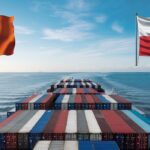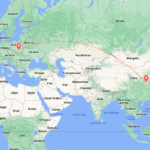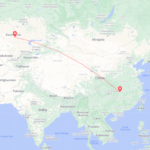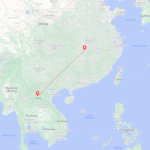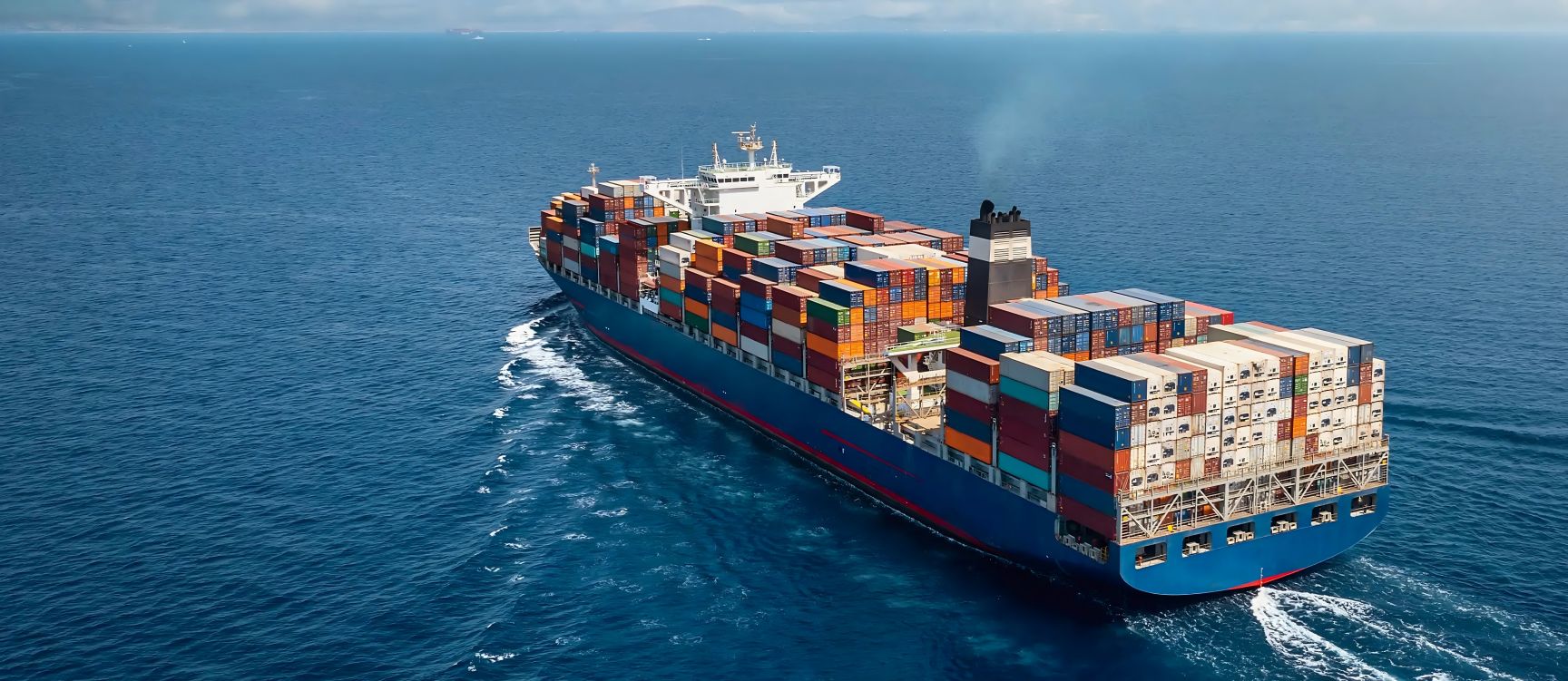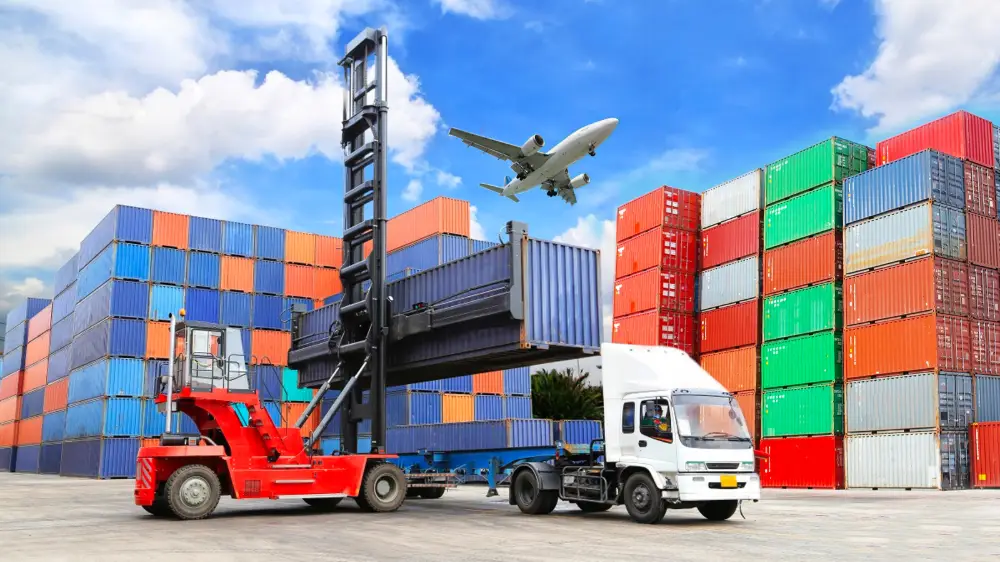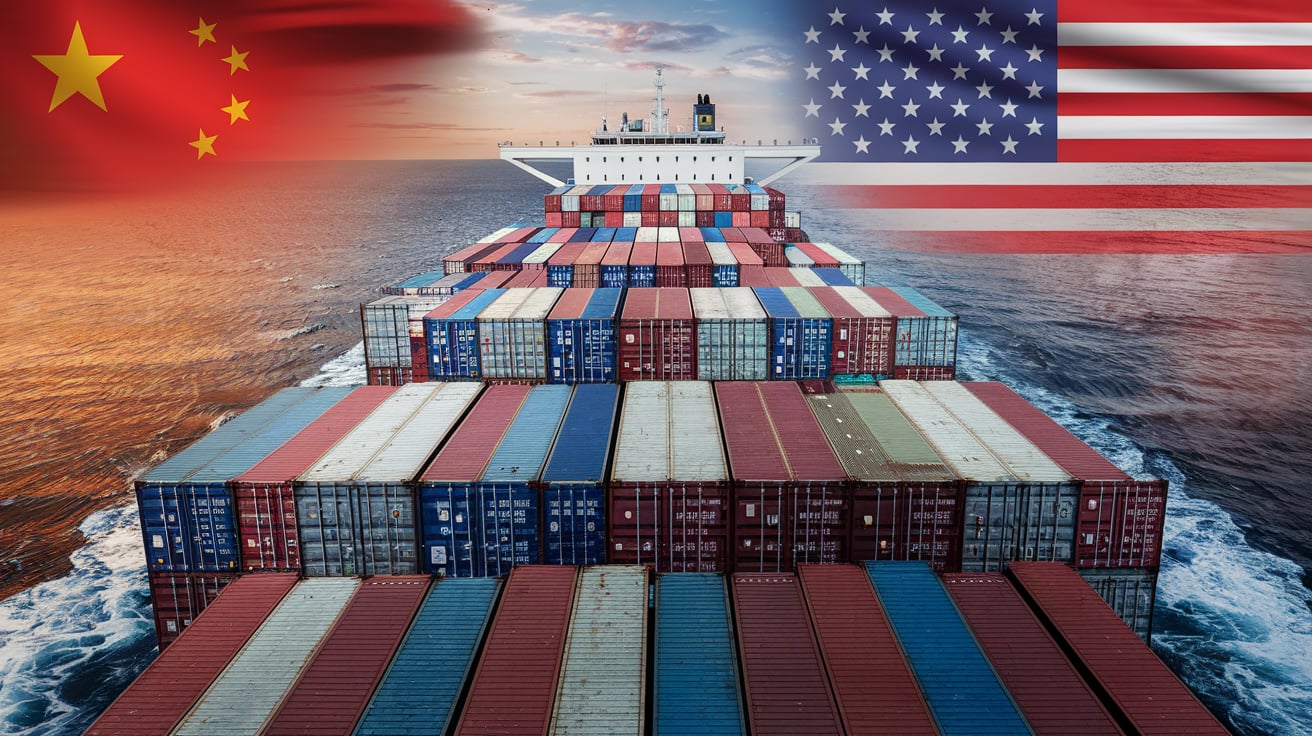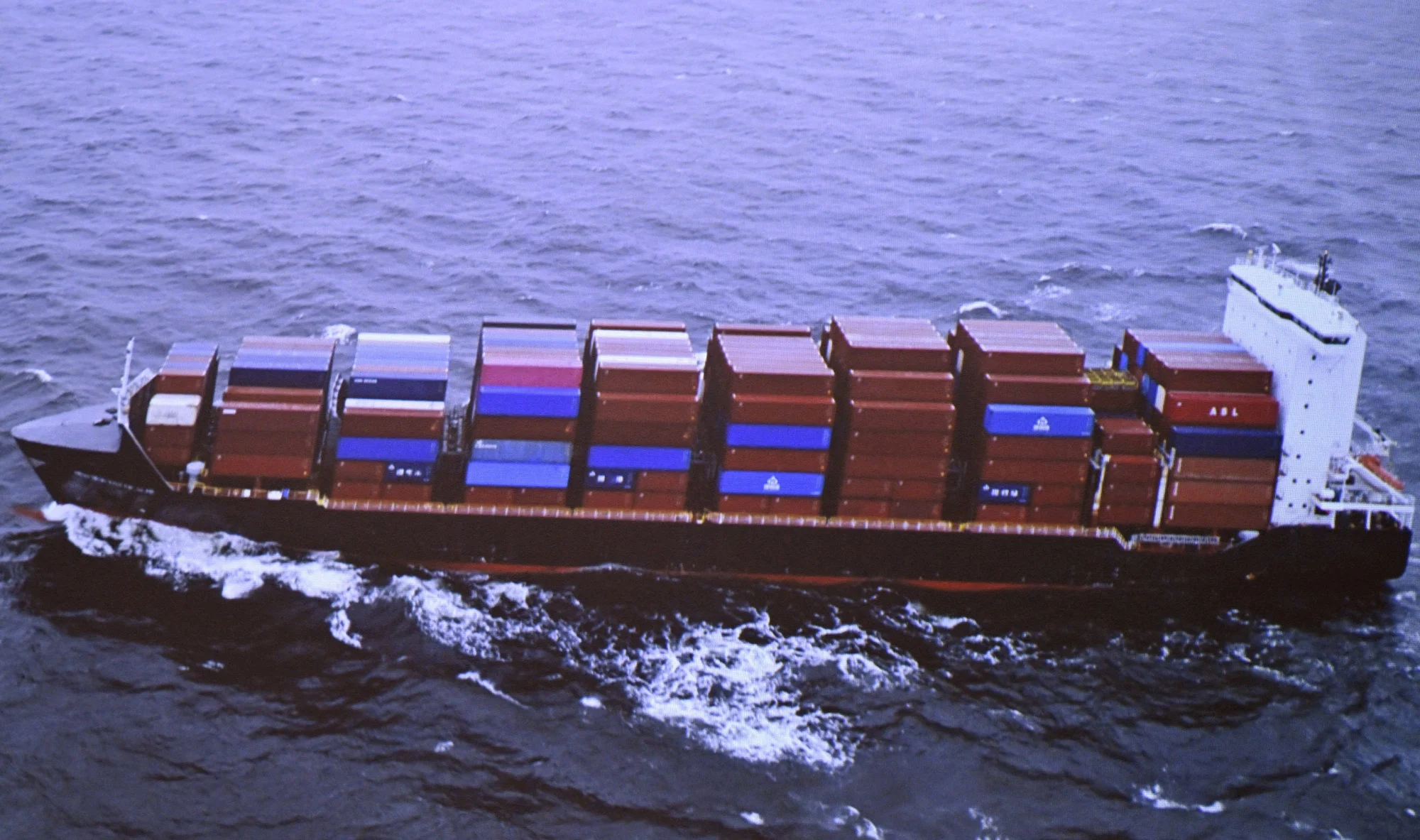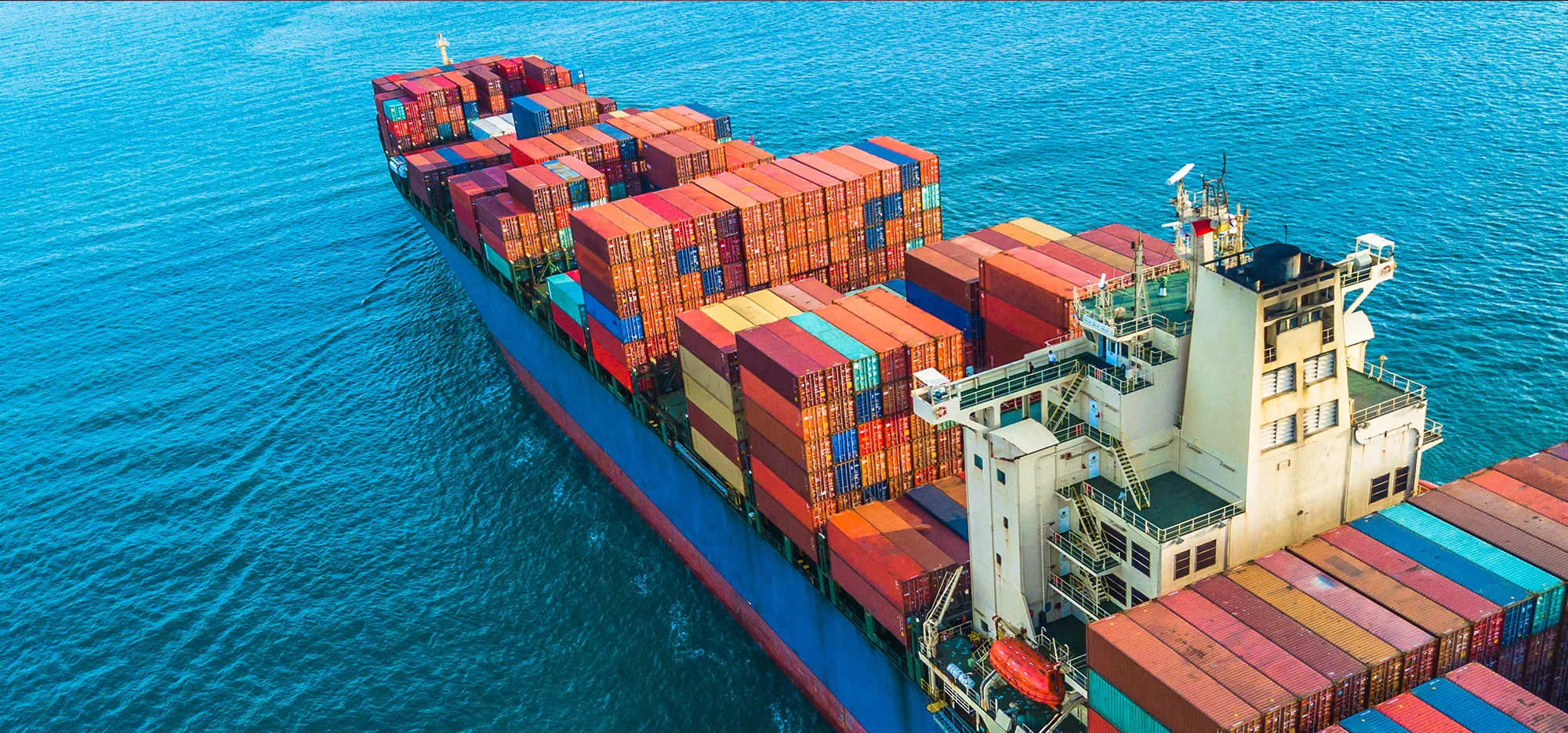Navigating the world of international shipping can be daunting, especially when importing goods from China to Poland. With a myriad of shipping options, regulations, and logistical challenges, selecting the right freight forwarder is essential for ensuring a smooth and efficient process. This guide provides a comprehensive overview of critical aspects to consider when choosing a freight forwarder, including their key responsibilities, the various shipping methods available, and the factors that influence effective partnerships. By understanding these elements, you can make informed decisions that will enhance your shipping experience and optimize your supply chain operations.
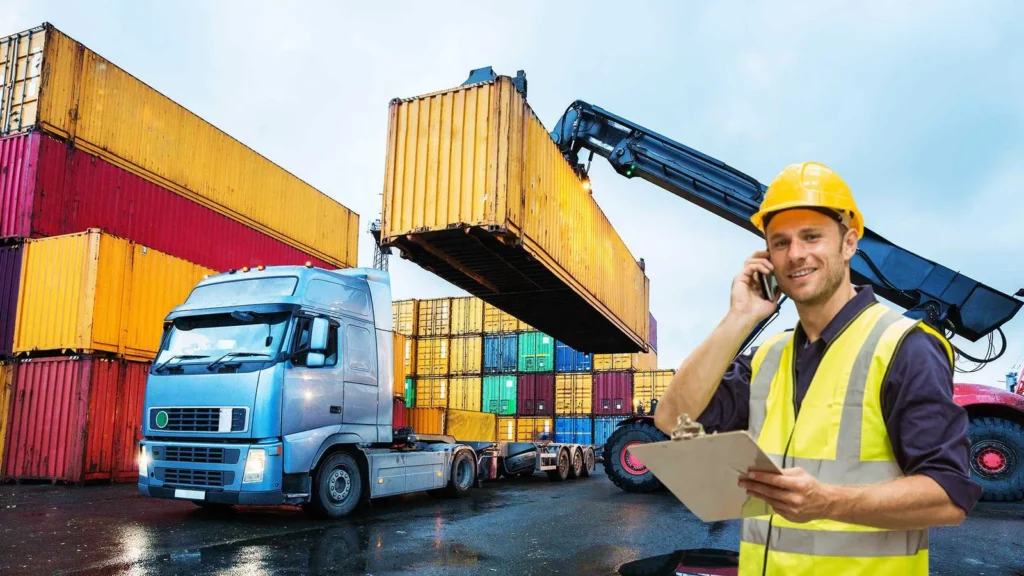
Understanding Freight Forwarding Services
A freight forwarder acts as an intermediary between shippers and transportation services. Companies and individuals engaging in international trade often require the expertise of freight forwarders to navigate various shipping complexities. They do not move goods themselves; instead, they handle logistics by coordinating with different carriers (ocean, air, or land), ensuring that cargo reaches its destination efficiently and economically.
Freight forwarders are crucial players in the global supply chain, ensuring compliance with a multitude of regulations, managing documentation, and offering valuable advice on shipping routes and methods. They leverage extensive industry contacts to secure favorable shipping rates and services.
Key Responsibilities and Services Offered
Freight forwarders offer a comprehensive range of services designed to streamline the shipping process. Here are some of their key responsibilities:
Customs Clearance: Providing expertise in customs regulations, ensuring that goods are transported without legal issues. This includes preparing and submitting necessary documentation to comply with laws and regulations.
Cargo Insurance: Offering Insurance Services to protect goods during transit from loss or damage, providing peace of mind for the shipper.
Warehousing Solutions: Utilizing Warehouse Services to store goods before distribution, which can be particularly beneficial for businesses needing temporary storage solutions.
Consolidation Services: Combining smaller shipments into larger consignments for cost-effectiveness, reducing shipping costs and optimizing logistics.
-
Tracking and Tracing: Offering real-time tracking so that customers can monitor the status of their shipments, enhancing transparency and trust.
-
Consultation and Planning: Providing expert advice on optimal shipping routes, methods, and packaging to minimize costs and risks.
Shipping Options from China to Poland
When importing goods from China to Poland, businesses can choose from various shipping options tailored to their specific needs and timelines.
Air Freight
Transit Times and Costs
Air freight is known for its speed, making it ideal for urgent shipments. Transit times from major Chinese cities to Poland typically range from 3 to 7 days, depending on the specific route and airline. However, this expedited service comes at a premium. The cost can vary based on weight, dimensions, and the nature of the goods being shipped.
Example Cost Table for Air Freight:
| Weight (kg) | Estimated Cost (USD) | Transit Time (Days) |
|---|---|---|
| 0-100 | $500 – $1,000 | 3 – 5 |
| 100-500 | $1,000 – $3,000 | 3 – 7 |
| 500-1000 | $3,000 – $5,000 | 5 – 7 |
Major Airports and Airlines
Some of the major airports in Poland include Warsaw Chopin Airport (WAW) and Kraków John Paul II International Airport (KRK). Key airlines operating between China and Poland include:
- Air China
- China Eastern Airlines
- LOT Polish Airlines
- Lufthansa Cargo
These airlines often provide direct and indirect flights, giving shippers flexibility in selecting the best service for their needs.
Sea Freight
FCL (Full Container Load) vs. LCL (Less than Container Load)
When considering sea freight, businesses can choose between FCL and LCL shipping methods:
-
FCL: Ideal for shippers with enough volume to fill an entire container. This option is generally more cost-effective per unit and provides faster transit times as containers are loaded directly onto vessels.
-
LCL: Suitable for smaller shipments where the cargo does not fill a full container. LCL shipments are consolidated with other shipments, which may increase transit times and handling fees but can be more economical for lower volumes.
Main Ports and Shipping Routes
The primary sea freight route from China to Poland involves shipping containers to ports like Gdańsk and Gdynia. These ports are well-equipped to handle large volumes of cargo and are strategically located for onward distribution throughout Europe.
Example Cost Table for Sea Freight:
| Shipping Method | Estimated Cost (USD) | Estimated Transit Time (Days) |
|---|---|---|
| FCL (20 ft) | $1,200 – $2,000 | 25 – 30 |
| LCL (per cbm) | $100 – $150 | 30 – 35 |
Express Shipping for Urgent Cargo
For shipments requiring immediate attention, express shipping options are available. These services, offered by various couriers, ensure that goods arrive within 1 to 3 days. Companies can rely on reputed global courier services like DHL, FedEx, or UPS for door-to-door shipping solutions.
Express shipping is particularly beneficial for businesses facing tight deadlines or needing to fulfill sudden orders. However, costs are significantly higher than standard shipping methods, often necessitating careful budget considerations.
Read More:
- Shipping From China To Netherlands
- Shipping From China To Spain
- Shipping From China To Germany
- Shipping From China To France
- Shipping From China to Italy
- Shipping From China To Poland
- Shipping From China to United Kingdom
Factors to Consider When Choosing a Freight Forwarder
Selecting the right freight forwarder is crucial for ensuring that your shipments from China to Poland are handled efficiently. Here are key factors to consider in your decision-making process:
Experience and Expertise in China-Poland Trade
A freight forwarder with significant experience in China-Poland trade possesses invaluable insights into the nuances of both markets. This expertise encompasses knowledge of local regulations, market dynamics, and potential challenges that can arise. Look for firms that have successfully navigated the complexities of shipments between these two countries and can demonstrate a history of reliable service.
Range of Services Offered
Different freight forwarders specialize in various aspects of shipping logistics. It is essential to choose a provider that offers a comprehensive range of services that meet your specific needs. Key services to look for include:
- Air Freight and Sea Freight options
- Door-to-door shipping services
- Customs clearance assistance
- Insurance services
- Warehouse services for storage and distribution
- Specialized services for AMAZON FBA compliance
A broader range of services can simplify your logistics process by allowing a single provider to manage multiple aspects of your shipping.
Network and Partnerships in Both Countries
The effectiveness of a freight forwarder often hinges on their network and partnerships. A strong network of carriers, customs brokers, and logistics providers in both China and Poland can expedite shipping processes and reduce potential delays. It is beneficial to choose a freight forwarder that has established relationships with reputable partners to ensure reliability and efficiency.
Pricing and Cost Transparency
Understanding the pricing structure of your freight forwarder is pivotal in managing your logistics budget. Look for forwarders who provide cost transparency, detailing all potential fees involved, including:
- Transportation costs
- Customs duties and taxes
- Handling fees
- Insurance premium costs
This clarity prevents unexpected charges later and enables you to make informed decisions based on your budget.
Communication and Customer Service
Effective communication is vital for a successful partnership with a freight forwarder. You want a provider who is responsive and proactive in their communication. Excellent customer service can significantly enhance your logistics experience, allowing you to resolve any issues that arise swiftly. Look for companies that offer multiple communication channels and dedicated customer service representatives.
Technology and Tracking Capabilities
In today’s logistics landscape, technological integration is essential. Choose a freight forwarder that utilizes advanced technology for tracking shipments and managing logistics. Features to consider include:
- Real-time shipment tracking
- Automated alerts for shipment updates
- User-friendly online platforms for monitoring and managing shipments
These capabilities provide peace of mind and enhance visibility throughout the shipping process.
Customs Clearance Expertise
Customs clearance can be a complex process, especially when dealing with international shipments. A freight forwarder with customs clearance expertise can facilitate smooth entry into Poland by ensuring compliance with all regulations and requirements. This includes the preparation of necessary documentation and understanding of tariffs and duties.
Insurance Options
Considering the value of your goods, it is prudent to assess the insurance options offered by your freight forwarder. Look for comprehensive insurance coverage that protects your cargo against loss, damage, or theft during transit. A reliable freight forwarder should provide clear information on their policies and assist you in selecting the appropriate coverage for your shipments.
You may be interested in the following related articles:
- Shipping From China To Latvia
- Shipping From China To Croatia
- Shipping From China To Belarus
- Shipping From China to Malta
- Shipping From China to Serbia
- Shipping From China To Lithuania
Steps to Select the Right Freight Forwarder from China to Poland
Choosing the right freight forwarder involves careful evaluation and research. Here are the steps to guide you through the selection process:
Assess Your Specific Shipping Needs
Before reaching out to freight forwarders, clearly define your shipping requirements. Consider factors such as:
- Type of goods to be shipped (e.g., perishable items, electronics)
- Volume and weight of shipments
- Desired shipping speed (e.g., standard shipping vs. express)
- Special handling or compliance requirements (e.g., for AMAZON FBA)
Understanding these specifics will help you communicate effectively with potential forwarders.
Research Potential Forwarders
Conduct thorough research to identify potential freight forwarders. Utilize online resources, industry directories, and trade associations to compile a list of candidates. Focus on forwarders with established reputations and positive customer reviews.
Request and Compare Quotes
Reach out to shortlisted freight forwarders and request detailed quotes. Ensure that each quote includes a breakdown of costs and services offered. Comparing these quotes will allow you to evaluate pricing competitiveness and service offerings.
Check References and Reviews
Request references from potential forwarders to gain insights into their reliability and customer service. Additionally, check online reviews and testimonials to assess the experiences of other clients. Pay particular attention to reviews regarding the forwarder’s performance in China-Poland shipping.
Evaluate Communication and Responsiveness
During your interactions with potential freight forwarders, take note of their communication style and responsiveness. A forwarder who promptly addresses your inquiries demonstrates commitment and reliability. This factor is crucial for fostering a successful long-term relationship.
Consider a Trial Shipment
If feasible, consider conducting a trial shipment with the forwarder before committing to a long-term partnership. This smaller-scale trial will provide firsthand experience of their service quality, efficiency, and reliability in handling your logistics requirements.
Selecting the right freight forwarder is a strategic decision that can greatly influence the efficiency and success of your shipping operations. By considering the outlined factors and following a structured selection process, you can choose a forwarder that aligns with your business needs, facilitating smoother trade between China and Poland. For businesses looking for trusted logistics solutions, Dantful International Logistics stands out as a highly professional, cost-effective, and high-quality provider offering a one-stop international logistics service for global traders.
Common Challenges and How to Avoid Them
Navigating international logistics from China to Poland can come with its share of challenges. Understanding these potential pitfalls and knowing how to avoid them can lead to smoother operations and more successful shipping experiences.
Customs Delays and Documentation Issues
One of the most common challenges faced by importers is customs delays. These can stem from incomplete or incorrect documentation, leading to potential fines, additional fees, or even shipment confiscation.
Solutions:
- Thoroughly Review Documentation: Ensure that all paperwork—including bills of lading, commercial invoices, and packing lists—is complete and accurate.
- Partner with a Freight Forwarder: Engaging a freight forwarder with expertise in customs clearance can streamline the process. They can help ensure compliance with local regulations and provide guidance on required documentation.
- Stay Informed on Regulations: Customs regulations can change, so staying updated on any alterations in rules or tariffs specific to imports from China to Poland is beneficial.
Hidden Costs and Fees
Importing goods often comes with unforeseen costs that can significantly impact your budget. Hidden costs and fees may arise from various sources, including handling charges, customs duties, and unexpected surcharges.
Solutions:
- Request Detailed Quotes: When engaging with a freight forwarder, ask for comprehensive quotes that outline all possible costs. Ensure you understand each fee and the conditions under which they may be applied.
- Negotiate Terms: Before finalizing agreements, negotiate terms that could mitigate potential hidden costs. This includes discussing billing practices and payment structures.
- Conduct Cost Analysis: Perform a detailed analysis of past shipments to identify any previously encountered hidden costs, enabling you to prepare for and avoid them in future transactions.
Cargo Damage or Loss
Cargo can be susceptible to damage or loss during transit, affecting the overall efficiency and profitability of your operations.
Solutions:
- Opt for Quality Packaging: Ensure that goods are appropriately packaged to withstand transit conditions. This includes using durable materials and securing items to prevent movement within the packaging.
- Choose Comprehensive Insurance: Utilize Insurance Services to protect your cargo against loss or damage. A freight forwarder can help you determine the appropriate insurance coverage based on the value and nature of your goods.
- Select Reputable Carriers: Work with freight forwarders that have established relationships with reliable carriers known for their care in handling cargo.
Communication Barriers
Effective communication is vital for successful logistics operations. Communication barriers can arise due to language differences, time zone discrepancies, or unclear expectations, potentially leading to misunderstandings and operational delays.
Solutions:
- Establish Clear Channels of Communication: Designate dedicated points of contact within both your organization and your freight forwarder’s team. This enhances accountability and streamlines communication.
- Utilize Multilingual Staff or Services: Consider working with freight forwarders who have multilingual capabilities to bridge any language gaps. Alternatively, employing translation services can facilitate clearer communication.
- Set Regular Updates: Schedule regular updates and check-ins with your freight forwarder to address any issues promptly and ensure that all parties are on the same page.
Tips for a Successful Partnership with Your Freight Forwarder
Building a successful partnership with your freight forwarder is essential for optimizing your shipping processes and ensuring reliable logistics. Here are several tips to foster a positive and productive relationship.
Clear Communication of Expectations
Establishing clear expectations from the onset is fundamental to a successful partnership. This includes detailing your shipping needs, timelines, and any specific requirements you may have.
Strategies:
- Define Your Requirements: Clearly outline the types of goods being shipped, expected delivery timelines, and any special handling needs. This enables your freight forwarder to tailor their services to meet your specific needs.
- Discuss Service Levels: Communicate any service level expectations, such as frequency of updates, reporting formats, and performance metrics that matter to your business.
- Provide Feedback: Encourage open dialogue and provide constructive feedback on the services provided. This helps your freight forwarder adjust their approach to better meet your expectations.
Regular Performance Reviews
Conducting regular performance reviews allows you to evaluate the effectiveness of your partnership and identify areas for improvement.
Strategies:
- Set KPIs: Establish key performance indicators (KPIs) to measure your freight forwarder’s performance, such as transit times, accuracy of documentation, and responsiveness.
- Schedule Review Meetings: Regularly scheduled meetings to assess performance, address concerns, and discuss potential improvements can drive continuous enhancement of services.
- Document Outcomes: Keep records of performance reviews to track progress over time and to provide a basis for discussions regarding service adjustments or changes.
Building a Long-Term Relationship
Fostering a long-term relationship with your freight forwarder can lead to numerous benefits, including improved service levels, better pricing, and a deeper understanding of your business needs.
Strategies:
- Engage in Open Dialogue: Maintain an open line of communication and engage in discussions beyond immediate shipping needs. This helps build rapport and trust.
- Provide Business Insights: Share information about your business operations, upcoming projects, or potential changes that may affect shipping needs. This enables your freight forwarder to anticipate and adapt to your requirements.
- Consider Loyalty Incentives: Discuss loyalty programs or long-term contracts that may provide cost benefits or enhanced services for ongoing partnerships.
Forming a successful partnership with your freight forwarder is an investment that can significantly enhance the efficiency of your logistics operations. Selecting a reliable partner, maintaining clear communication, and fostering a collaborative relationship can lead to smoother shipping experiences and greater operational success. For businesses seeking a trusted logistics partner, Dantful International Logistics offers a highly professional and cost-effective solution for all international shipping needs.

Young Chiu is a seasoned logistics expert with over 15 years of experience in international freight forwarding and supply chain management. As CEO of Dantful International Logistics, Young is dedicated to providing valuable insights and practical advice to businesses navigating the complexities of global shipping.


